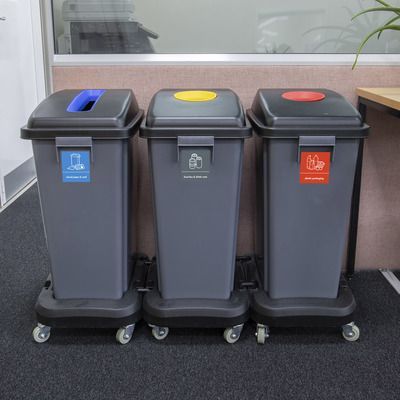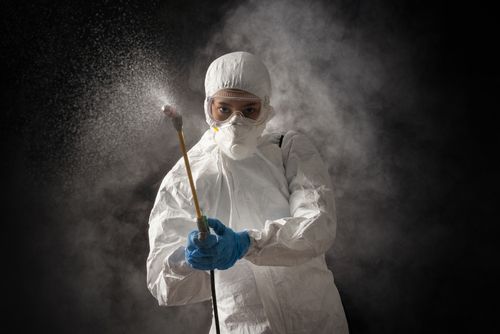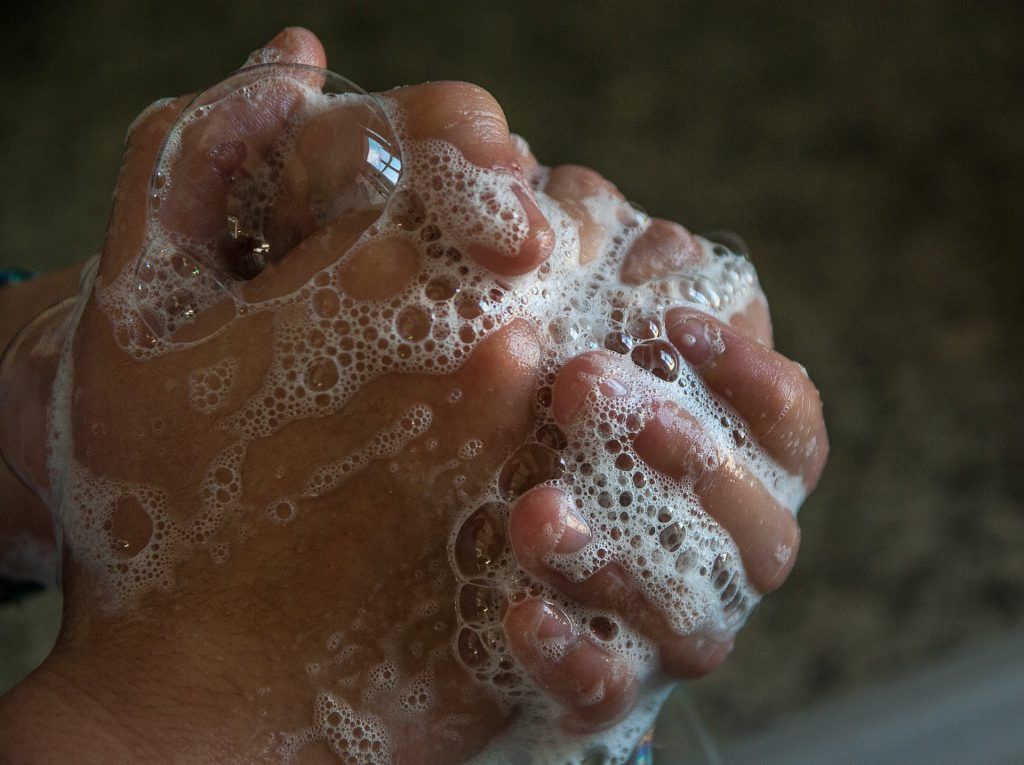The Importance of Hand Hygiene
The post The Importance of Hand Hygiene appeared first on Spectrum.



Get in touch
Spectrum Cleaning Solutions, Londesborough Road Business Park, Scarborough, North Yorkshire
Phone: 01723 373 509
Opening hours
Monday - Thursday: 8:30 -17:00
Friday: 8:30-16:00
Saturday - Sunday: Closed
We hear all the time about how important hand hygiene is and that we should be regularly washing our hands, especially after visits to the bathroom and before eating, but why is hand hygiene so important to our health?
In short, washing your hands properly is one of the main things you can do to prevent the spread of diseases. Good hand hygiene helps to reduce the likeliness of flu, food poisoning and healthcare associated infections being spread from person to person, with nearly 50% of all foodborne illness outbreaks being linked back to improper hand hygiene.
But it’s not just a case of rinse your hands with water and you’re done, you need to make sure that you’re thoroughly washing your hands with soap and water every time you wash them, to ensure that all germs on your hands are killed. When you are washing your hands, you need to make sure that the tips of your fingers, the palms of your hands, your thumbs and your fingernails are all cleaned. Most people wash the palms of their hands and miss out everything else, when in fact most of the bacteria on our hands is on our fingertips and under fingernails, with bacteria doubling after using the bathroom.
It’s also important to know when you should be washing your hands as well as how, as this is another big contributor in preventing the spread of illnesses. You should be washing your hands after using the bathroom, before prepping and before eating food, when you’ve coughed or sneezed, when your hands are visibly dirty from work or other activities, after touching animals or animal waste, after handing rubbish and before and after visiting a hospital ward or other healthcare facility.
So, how can you ensure that you’re washing your hands correctly? Follow this ten-step method and you’ll be clean as a whistle:

The post The Importance of Hand Hygiene appeared first on Spectrum.



Opening Hours
Monday - Thursday: 8:30 -17:00
Friday: 8:30-16:00
Saturday - Sunday: Closed
Get in Touch
Spectrum Cleaning Solutions, Londesborough Road Business Park, Scarborough, North Yorkshire
Phone: 01723 373 509
Spectrum Cleaning Solutions Limited is a registered business in England & Wales under company number 04687668.
Registered company address: Units 9 & 10 Londesborough Road Business Park, Londesborough Road, Scarborough, North Yorkshire, England, YO12 5AF.